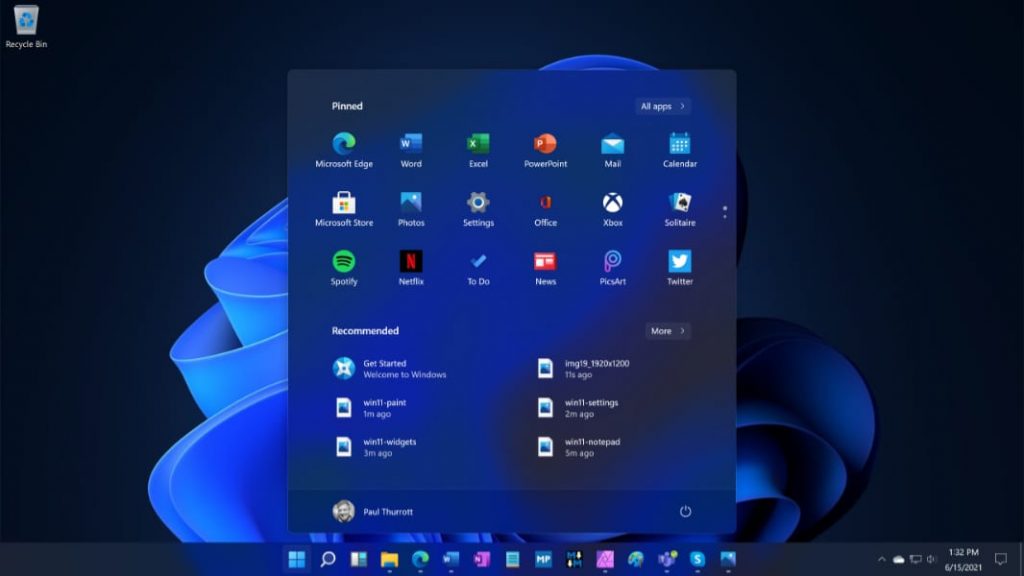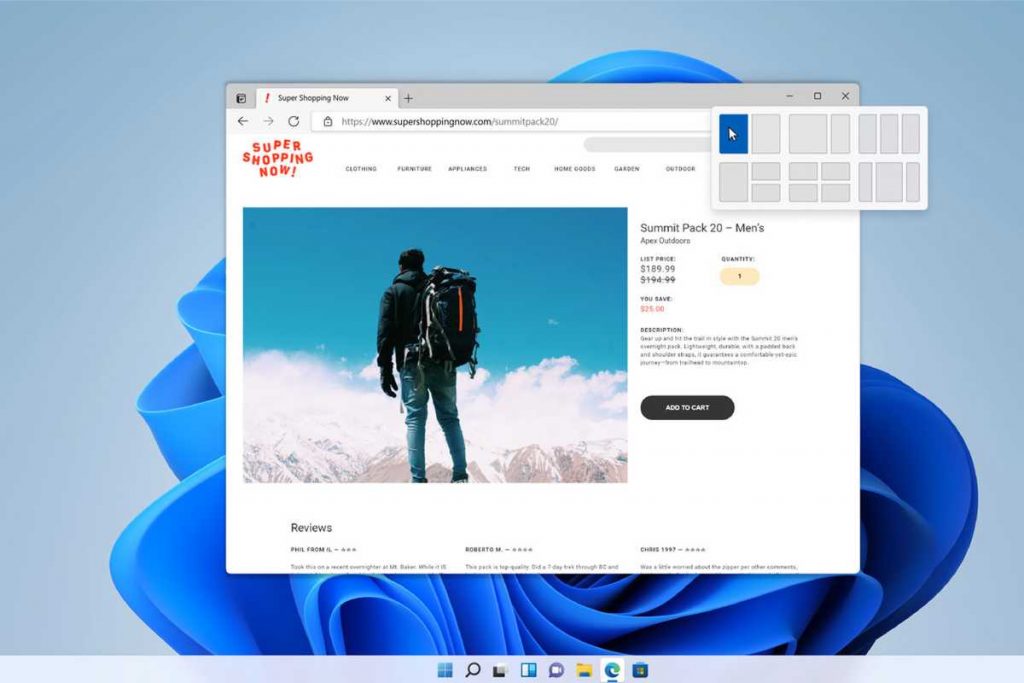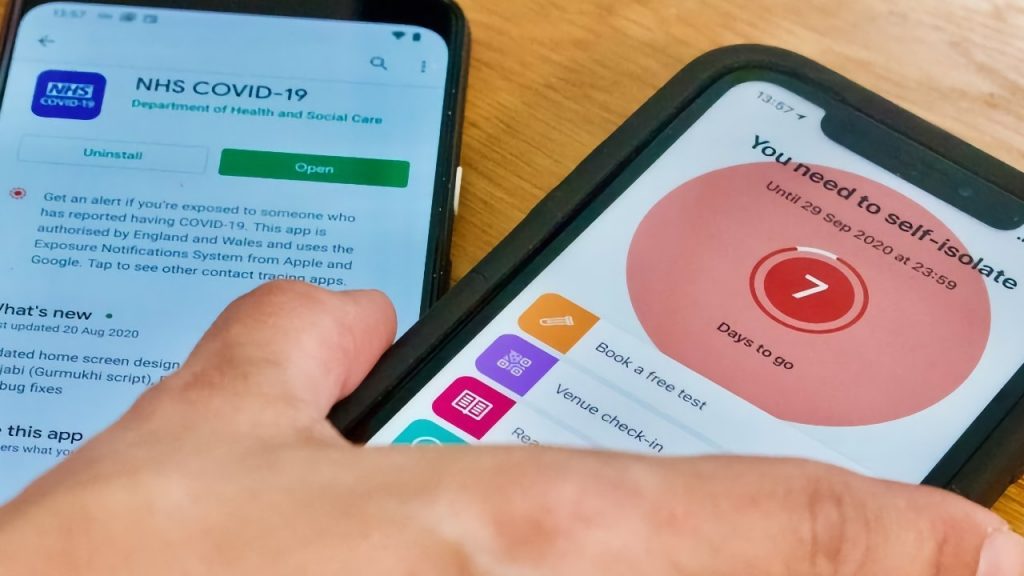Windows’ latest operating system offering was unveiled today at their virtual event, boasting the arrival of the “next generation of Windows”.
The announcement comes somewhat of a shock to the tech world who were told that Windows 10 would be the final version of the Windows OS with over 1.3 billion user devices.
However due to the rapidly changing, hybrid working environment emerging from the pandemic and the announcement that Windows 10 would no longer receive extended support past 2025, it appears that Microsoft are updating the OS platform to incorporate the working from home demands from its users.
Microsoft CEO Natya Sadella agreed saying “We need to be empowered to choose the applications we run, the content we consume, the people we connect to, and even how we allocate our own attention”. He further stated that “operating systems and devices should mould to our needs, not the other way around.”

New centralised task bar interface layout in night mode
These demands are being met with features such as tighter integration with Microsoft Teams directly into the centralised task bar (a significant shift away from the attachments to Skype) and the blending of the Xbox Series X’s Auto HDR graphical enhancements along with Xbox Games Pass; both come pre-installed.
The focus of Windows 11 revolves around the simplification of the standard Windows user interface whilst increasing performance and multitasking functionality. Microsoft executive, Panos Panay revealed that Windows 11 Updates are 40% smaller that its OS predecessors and gone are the days of work being interrupted by Windows Updates as they now are downloaded and installed without the need for system shutdown.

Snap Layouts for compartmentalisation of multiple screens
Additionally, the new ‘Snap Layouts’ promote easier movement of apps to defined compartments of the screen for easier multitasking and the OS will remember collections of apps open on external monitors when the PC/Laptop is unplugged thanks to ‘Snap Groups’ – mirroring certain characteristics of the cancelled, dual screen Windows 10X project.
A further major change comes as part of the Microsoft Store which, through Microsoft’s partnership with Intel and Amazon, now allows developers to distribute their apps through the Microsoft Store without sharing revenue and Windows systems will be able to support Android apps using the Amazon AppStore. Developers can even use their own payment systems within the Microsoft Store.
Before today’s virtual launch, a first build of the OS was leaked allowing for a quick glimpse of the evolved ‘Sun Valley’ interface – with a Start Menu in the centre of the main task bar with a return of Windows Widgets in the form of an AI-powered personalised feed. Widget types include a news feed, maps and weather. This evolution of Widgets signals the quiet removal of the controversial Live Tiles introduced with Windows 8.
Windows 11 will be available as a free update to existing Windows 10 users requiring 64 GBs of storage and 4GBs of RAM, but only for ‘eligible PCs’ – those with two or more cores and a clock speed of 1GHz or higher.
A preview early test version of the new system will be released for app developers as part of the Windows Insider beta testing programme in the beginning of July 2021. A public access version is expected to be made available in October 2021 without new hardware speculated to be released alongside.


